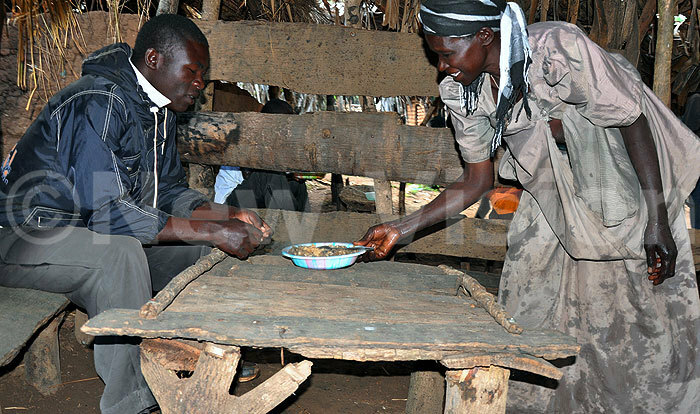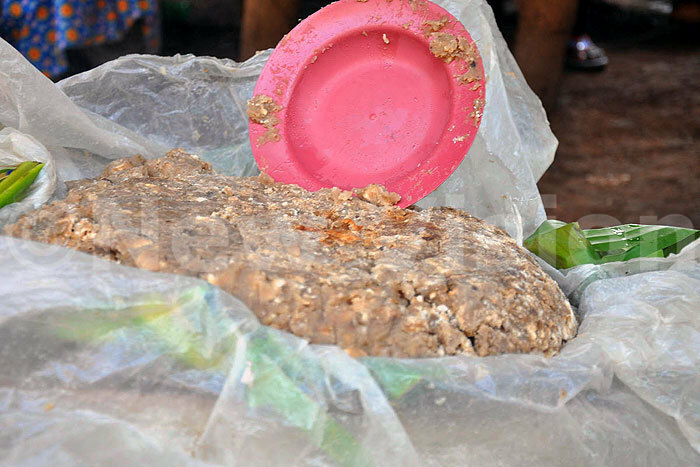'Amukeke': the meal with a long 'stomach life'
On first glance, it looks a very dry meal, and it sure is.
When it comes to lunch or breakfast while in Soroti town, I often choose something that is typically a Teso cuisine.
There are nooks where emagira (pigeon peas), ebo (leafy vegetables), akobkob (cucumber) and akiring nu esode (roasted beef) are served at very pocket-friendly prices in huge portions.
Forget your usual millet bread (locally, kalo) that is being reclaimed by the Banyankole or the sweetest yellow potatoes in the world.
12.30pm finds me sat on a foldable chair anxiously waiting: my appetite at climax and taste buds bubbling in anticipation.
The venue is Soroti main market where I take keen note of the verbal menu and elect for the so-called ‘Amu cakes', a cleverly twisted wording for the amukeke dish - mashed boiled sweet potatoes.
On first glance, it looks a very dry meal, and it sure is.
Its journey to its final resting place - the plate - is as simple as the dish itself.
After harvesting, the sweet potatoes are sliced and sun-dried for about two weeks and stored thereafter.

Before cooking, the dried potatoes are soaked in water for 30 to 40 minutes then boiled for one hour. Spicing is optional. You can add ghee, salt or hot pepper to it. Be sure to drain the water and then mash to a relatively fine consistency. It can be served hot or cold.
Now that you know where it's coming from, I get ready to take it through yet another journey: down my system. I have had this dish several times before and I know that you need to wash it down with a drink, say water or milk else you will cause a traffic jam at the nearby public lavatory.
This time, I flush it down with a mug of spiced tea.

A local diner enjoys a meal of amukeke at Soroti market. (Credit: Titus Kakembo)
Across the table, a neighbor had been watching me with such piercing envy as she had battled to digest a handsome portion of kicommando (a meal of chapatti mixed with beans). It gets me wondering why she hadn't ordered for amukeke in the first place.
"With 'Amu cakes'," confided the waitress, "we keep it covered with polythene paper to avoid contamination.
"On top of that there is a light fire underneath which keeps it fresh. No germ in its right sense can survive in a pan of that food. This food has a long shelf and stomach life."
